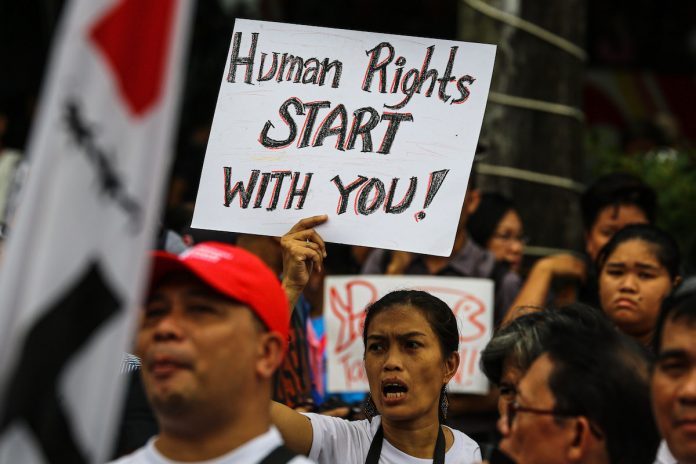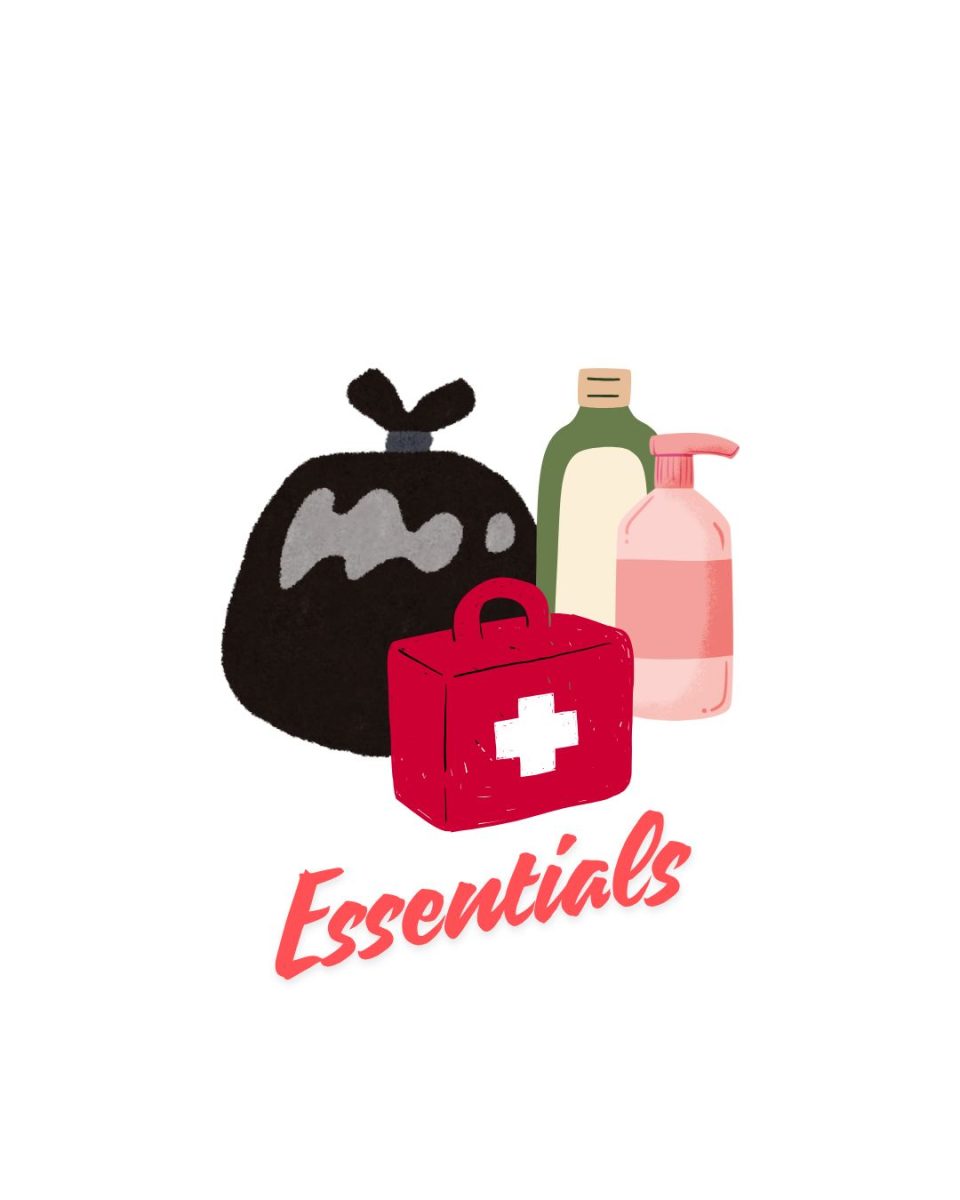The United Nations Declaration of Human Rights, a milestone document in and of itself, holds that recognition of the inherent dignity and the equal and inalienable rights of all members of the human family is the foundation of freedom, justice and peace in the world. This declaration was proclaimed in 1948 as part of a promise made in the wake of the atrocities of the Holocaust. The promise itself was simple: Never Again.
Human rights, as defined by the U.N., guarantee the right to life and liberty, freedom from slavery and torture, freedom of opinion and expression, the right to work and education, equality and fair trial before the law, freedom of religion and more, to all people regardless of race, sex, nationality, ethnicity, sexuality, language, religion or any other status. This standard of human rights is in crisis around the world.
Some of the latest on these human rights crises: restrictions on freedom of expression in Turkey; crackdowns on peaceful protest in Belarus; extrajudicial executions in the “war on drugs” in the Philippines; reports of non-consensual sterilization in detention centers, police brutality and systemic racism in the United States; infringements upon freedom of expression and continual deadly assaults on Rakhine villages with heavy civilian casualties by the Myanmar military; and the mass detention of over a million or more Uighur and Tibetan minority citizens in camps in China.
Popular discourse regarding these topics has often included references, comparisons and analogies to the Holocaust. This begs the following questions: is it justified to compare what is happening in, say, Myanmar, the United States or China, to the Holocaust? In so doing, are we demeaning the memory of the victims of the Holocaust? Is drawing comparisons between certain countries today and the Holocaust needlessly harsh on those countries? Are these analogies really that accurate? When talking about contemporary issues, should drawing parallels to the Holocaust therefore be off-limits? But, on the other hand, if referencing, analogizing or drawing comparisons to the Holocaust are taboo, will that hinder our ability to approach and understand contemporary human rights issues?
When addressing these difficult questions, I like to refer back to a powerful commentary I read in 2019 written by Rabbi Danya Ruttenberg for the Salt Lake Tribune. Ruttenberg tells us that “analogies don’t have to be perfect to be instructive,” and that “having a historical reference point can help us understand our own moral obligations in this story and to make sense of it as it unfolds.” Furthermore, “if done with caution,” Ruttenberg asserts, “those analogies can be useful.”
So, what should our moral obligation be? The answer, in Ruttenberg’s words: “We have long asked the question about why good Germans didn’t intervene earlier, when it was ‘just’ about discriminatory laws, detention, boycotts. Before things got murderous. Now we have to ask ourselves: why aren’t we?”
Many of the most prominent civil rights leaders, human rights advocates and survivors have highlighted the sheer importance of activism and the acute hazards of apathy. Martin Luther King Jr. is often quoted for having said that “injustice anywhere is a threat to justice everywhere.”
Holocaust survivor Elie Wiesel famously said “Neutrality helps the oppressor, never the victim. Silence encourages the tormentor, never the tormented.”
German poet Martin Niemöller wrote, regarding the Holocaust, that “first they came for the socialists, and I did not speak out because I was not a socialist. Then they came for the trade unionists, and I did not speak out because I was not a trade unionist. Then they came for the Jews, and I did not speak out because I was not a Jew. Then they came for me, and there was no one left to speak for me.”
If there’s anything worth taking to heart, it is that the battle for global human rights is everyone’s battle. It stands to reason that we can teach ourselves, each other and, most importantly, future generations to treat others’ human rights with the same regard and urgency that we treat our own, and the world would be all the better for it.
For comments/questions about this story, email [email protected] or tweet @TheWhitOnline.
























































































































































!["Working with [Dr. Lynch] is always a learning experience for me. She is a treasure,” said Thomas. - Staff Writer / Kacie Scibilia](https://thewhitonline.com/wp-content/uploads/2025/04/choir-1-1200x694.jpg)









































